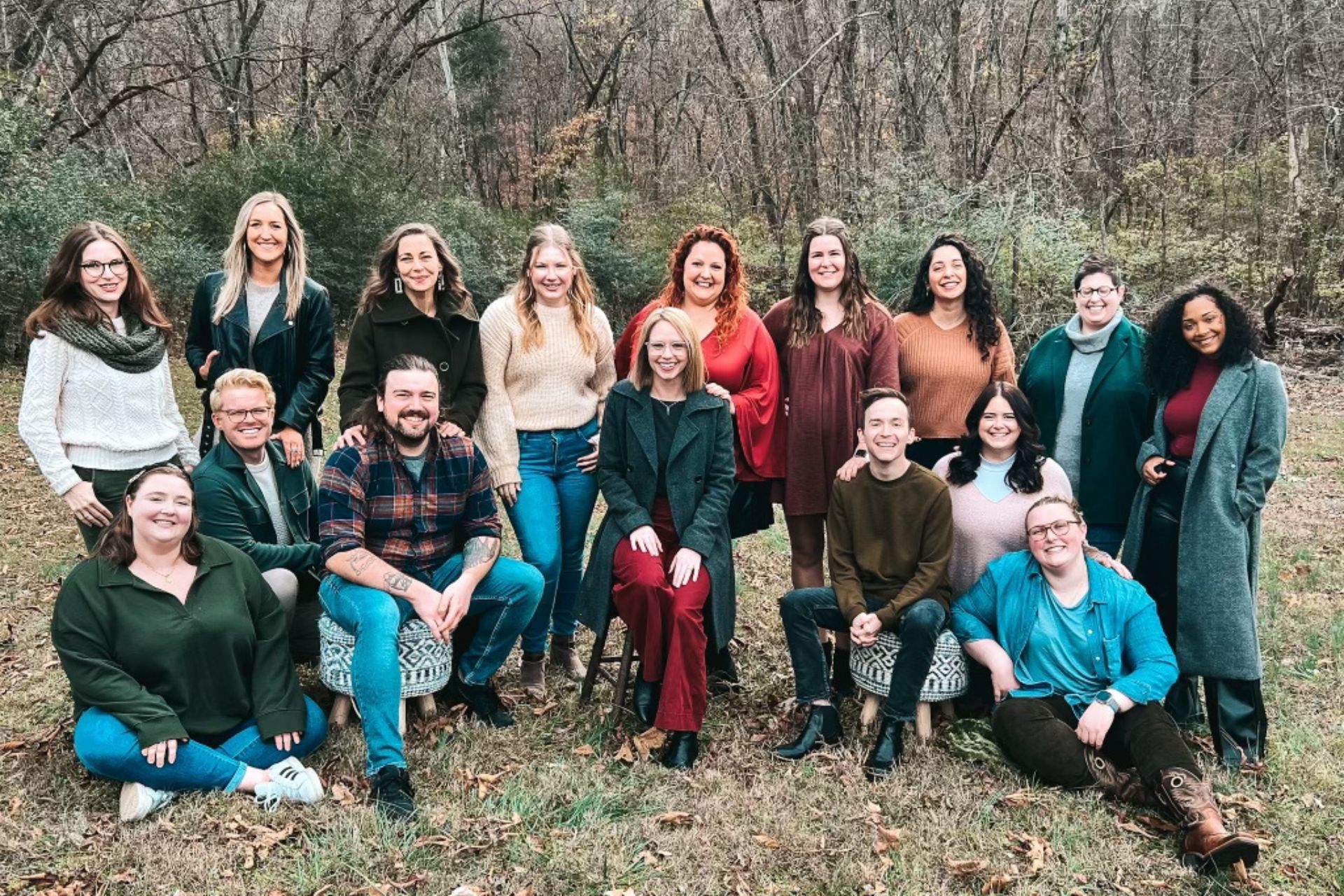Hello! I am Shelby, a licensed professional counselor who loves all things enneagram, and works with clients at The Works Counseling Center located in Nashville, TN.
Today, we are continuing to part five of our nine-part series focusing on the enneagram and how it may be used in therapy. If you are interested in reading previous blog posts on this subject or want to explore earlier numbers, please click here.
Disclaimer: This blog is not meant to be all-inclusive about this enneagram number, nor is it intended to replace or provide professional counseling services; this blog’s intended purpose is to provide informal discussion on the enneagram as it relates to professional counseling and mental health.
Let’s begin.
Ah, our enneagram fives – the investigator. Someone who identifies as this enneagram type may be described as scholarly, studious, or “an expert of their craft.” Investigators value learning and understanding the why behind their chosen interests. These individuals highly value knowledge about their world, and often associate their security with information. Some famous enneagram fives include Stephen King and Bill Gates.
At their healthiest, investigators are able to successfully balance learning about the world while also engaging with it. They share their knowledge to create profound change and impact those around them with their comprehension and understanding of their world. At less healthy levels, an investigator may struggle to balance comprehending the world without withdrawing from it. While it can be valuable to not rely on social validation, an investigator, at times, can find themselves isolated and recluse into their own, private world.
When an investigator comes to counseling, it may be helpful to explore where and why they learned to be so independent. Because our enneagram is something that we learn in childhood and is not something we are born with, it can be beneficial in counseling to examine if the beliefs still serve us. Spoiler Alert: the answer I often hear is a resounding ‘no.’ In counseling, investigators can do the work to discover what beliefs move them closer to their healthiest self, and the actions necessary to get there.
A message of affirmation and healing for our investigators: “Your needs are not a burden.”
A challenge: To practice the belief that they actually have all of the resources that they need, and to empower them to let go of fear of depletion.
Thank you, investigators, for the valuable knowledge and insightful comprehension you bring to our world.
Let’s check in again soon.
Enjoying learning about the enneagram and want to know more? Please find book suggestions and references below.
Books:
The Road Back to You: An Enneagram Journey to Self-Discovery By Ian Morgan Cron and Suzanne Stabile
The Path Between Us: An Enneagram Journey to Healthy Relationships By Suzanne Stabile
References:
https://www.enneagraminstitute.com
If you are interested in exploring the enneagram with professional therapy services or would like to work with a mental health professional, please contact The Works Counseling Center for more information.


